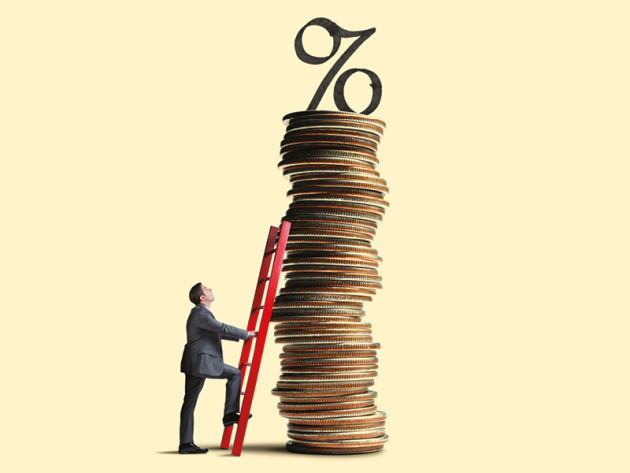
Wine tax goes mainstream with BBC R4 focus
Plans to overhaul the UK's alcohol duty system, discussed on BBC Radio 4 this week, have raised concerns among wine producers, merchants and retailers, who warn that the new regulations could increase costs, disrupt trade and limit the range of wines available to consumers.
The reform, first announced in 2021 by then Chancellor Rishi Sunak, proposed higher duties on stronger alcoholic beverages. “The stronger the drink, the higher the rate. That's the right thing to do, and it will help end the era of cheap, high-strength drinks, which can harm public health and enable problem drinking,” Sunak said at the time. However, after delays, the new regime is set to be implemented next February unless it is revised in the upcoming Budget on 30 October.
The current system applies a flat duty rate of £2.67 for wines between 11.5% and 14.5% abv. Under the planned changes, up to 30 different rates will be introduced based on incremental 0.5% abv increases in strength across differing wine categories, with duty on a 14.5% abv bottle of still wine rising to £3.09. The Conservatives argued this could encourage lower-alcohol options, but many in the industry see it as an unworkable burden.
- Read more: Fine wine market sees Q3 decline
Mark Roberts, co-owner of Decorum Wines, told BBC Radio 4: “There was just one [rate] and now there'll be 64. Smaller wine merchants might think, 'we haven't got the time to spend our whole time going through every single bottle every single year to work out the duty'.”
He warned that such changes could deter international producers from exporting to the UK, saying, “Where is your market going to be if you’re an Australian grower in Barossa making glorious Shiraz… you might think, well, the UK market for my wine might crash and burn.”
Daniel Lambert, owner of Daniel Lambert Wines, voiced his frustration on X, criticising Labour for continuing with the original Tory plan. “So much for a Labour government with vision and change, it’s the same BS under a red flag rather than blue & a policy that will earn less in revenue,” he posted.
Gavin Quinney of Chateau Bauduc also expressed his concerns on Radio 4: “To replace one duty band with 30 potential different rates of tax will be just incredibly complicated for wine merchants.” His wife, Angela, added that it would introduce additional costs to the export process. “I can't imagine how they're going to police that and keep on top of it,” she said.
Meanwhile, retailers, including Majestic, Laithwaites and The Wine Society, have informed customers that the changes will likely lead to price increases. In a joint statement earlier this month, Majestic and Cambridge Wine Merchants warned, “Businesses like ours will need to invest six-figure sums just to develop the systems required to handle the new approach, with ongoing administrative costs likely to run into similar sums on an annual basis.”
Smaller vineyards, particularly those from abroad, might be discouraged from entering the UK market due to the increased complexity. “Smaller, family-run vineyards producing incredible wines are unlikely to change processes that have been in place for generations just to suit the UK market,” the joint statement from retailers noted.
The WSTA and industry leaders argue that keeping the current system would provide stability without harming government revenue. After a record tax hike last year led to a £1.3bn drop in sales, they urge the government to reconsider the changes and preserve the UK’s status as a major wine importer.
Keywords:
- Majestic
- WSTA
- Wine Duty
- Wine Merchants
- Chateau Bauduc
- wine industry
- Daniel Lambert Wines
- small businesses
- Wine and Spirit Trade Association
- John Colley
- Rishi Sunak
- uk importers
- Steve Finlan
- Alcohol tax
- cost of living
- UK wine market
- UK budget
- BBC Radio 4
- alcohol reform
- Labour government
- alcohol duty rates
- alcohol strength
- tax policy
- alcohol easement




